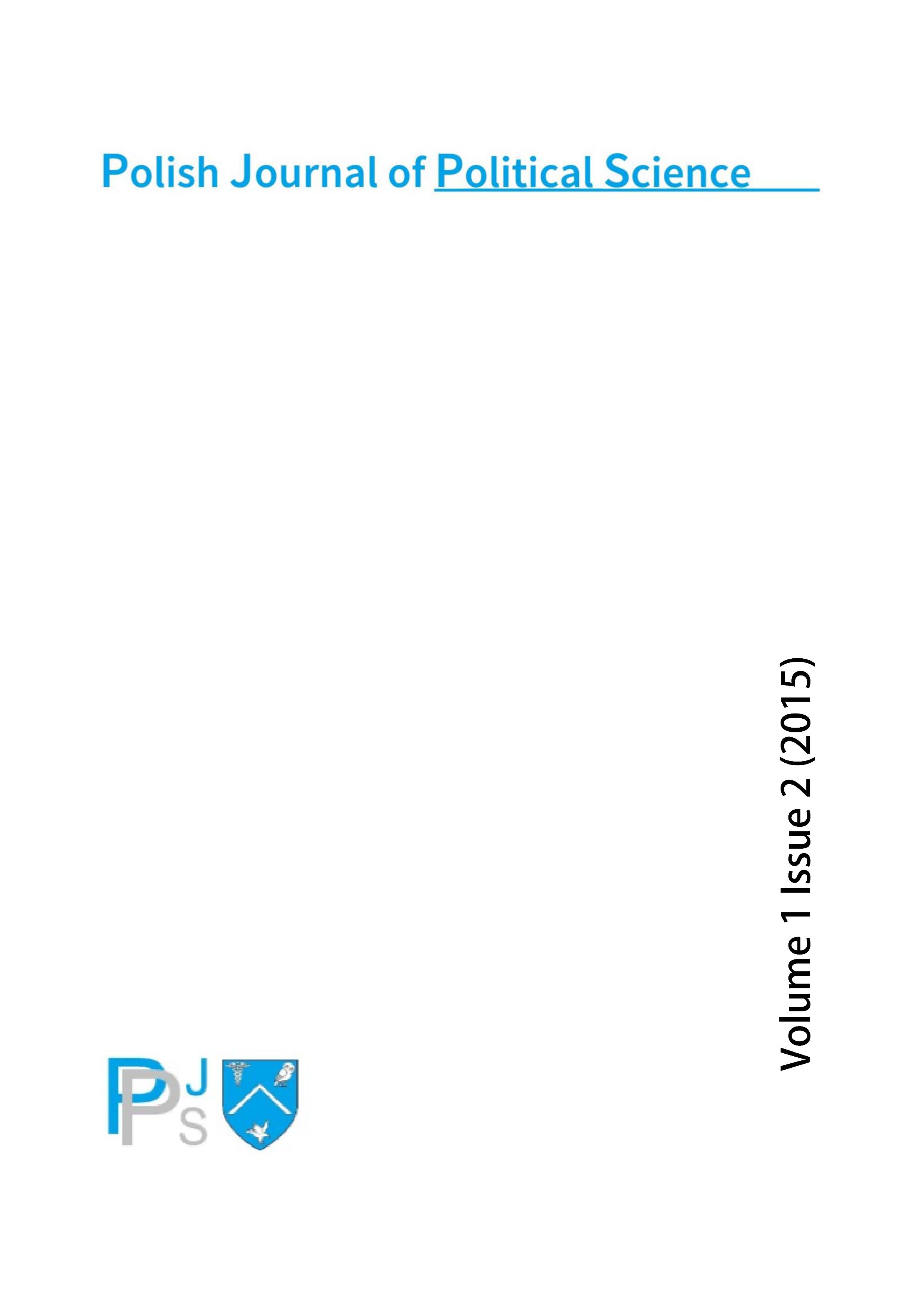Explaining China’s Behavior in Keystone International Financial Institutions: Learning, Adaptation and Reshaping?
Explaining China’s Behavior in Keystone International Financial Institutions: Learning, Adaptation and Reshaping?
Author(s): Xiaochen HouSubject(s): Politics / Political Sciences, Electoral systems
Published by: Fundacja Instytut Nauki o Polityce
Keywords: China; international financial institutions; reform; voting power; decision-making
Summary/Abstract: Over the last three decades, China’s participation in the International Bank for Reconstruction and Development (the World Bank) and the IMF has gone through three stages of: initial participation; steady development; and partnership . Over this time China has definitely became more engaged in the international financial institutions; become a great player in international affairs, and changed its role from recipient to contributor; from receiving technical assistance to sharing experience; from borrowing loans to being co-lender;. Why China has changed its attitude and behavior towards the World Bank and the IMF and will China effectively influence reconstruction of the international financial system? This paper explores to answer these questions from the perspective of three international relations theories of: structural realism, neoliberal institutionalism, and constructivism. There will be three hypotheses tested in the process, which cover the whole process of China’s engagement in theinternational financial institution over more than 30 years. Thre will be two case studies conduceted to this end, the first of which regards China’s protest against the 2007 IMF surveillance. The second case is about votingpower reform of the IMF and the World Bank, which attracted attention around the globe. The overview of China’s engagement in the two organizations and the two cases shall fully test the three hypotheses. This paper argues that in the initial period, neoliberal institutionalism can better explain the interaction between China and the World Bank, and the IMF. In the last century, China’s proactive behavior can be better explained from structural realist and constructivist positions, focusing on China’s rising economic power, and redefined identity and interest. Nonetheless China will remain within the system, and will not attempt to to overthrow it. In the meantime, China will probably contribute to constructing other institutions to push for the reform of international financial institutions more effectively.
Journal: Polish Journal of Political Science
- Issue Year: 1/2015
- Issue No: 2
- Page Range: 23-51
- Page Count: 28
- Language: English

